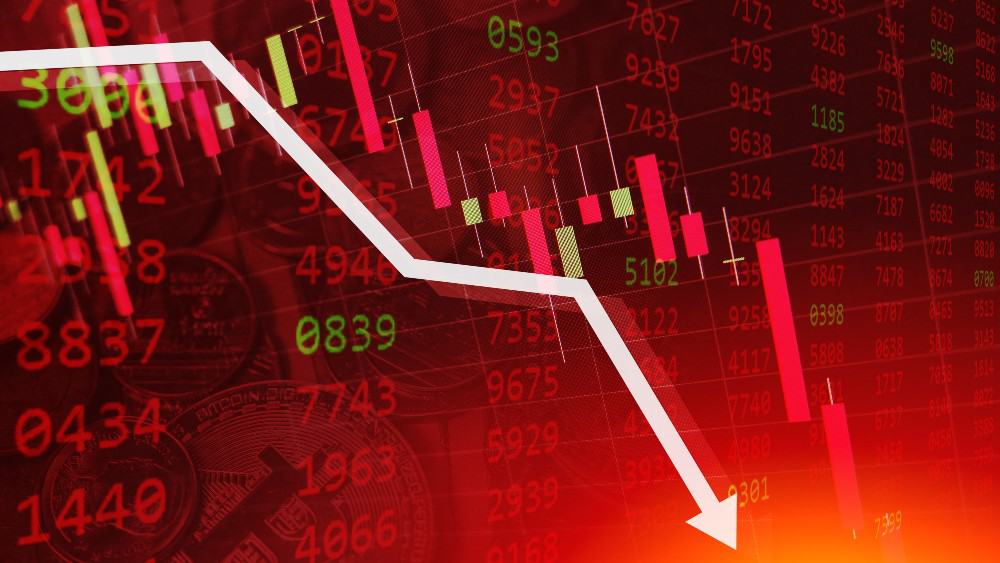During market downturns, growth stocks are often among the hardest hit. It has been shown from previous market crashes that dividend-paying companies are a good hedge in a portfolio. In my opinion, the best dividend companies lie within the utility sector. Yes, these companies do run operations that are very capital intensive, hence there’s a lot of debt on their balance sheets. However, customers will continue to pay for these services regardless of the economic condition.
A lesser-known renewable energy company
Both companies mentioned in this article will fall within the renewable energy industry. I believe that renewable energy penetration is nowhere near the level it will be in the future. Because of that, I think there is still a lot of room for growth in these companies. One lesser-known renewable energy company is Northland Power (TSX:NPI).
Northland Power develops, constructs, and operates independent power facilities across the world. The company has a diversified portfolio of assets in Canada, the United States, and Mexico, in addition to additional facilities in South America, Europe, and the Asian Pacific region.
Northland Power’s facility types are also very diversified. These include solar, wind, biomass, and clean-burning natural gas facilities. All considered, this company owns or has an economic interest in 2,681 MW of generating capacity, with another 130 MW under construction.
Northland Power is also a very strong dividend-paying company. It has not decreased its dividend payout since 2009. Currently, Northland Power has a forward dividend yield of 2.76% with a payout ratio of 63.5%.
During the market crash in February, Northland Power fell as much as 37%. However, by June, it had already recovered all its losses. Year to date, Northland Power stock is up an impressive 62.6%. This rivals even some top growth companies.
A renewable energy company you should know and love
The second renewable energy company that I think investors should consider for their portfolio is Brookfield Renewable Energy (TSX:BEP.UN)(NYSE:BEP). This company is one of the most popular utility companies in Canada, and I believe it is well deserved.
Brookfield Renewable is a subsidiary of Brookfield Asset Management. The company is backed by strong management and a storied history of performance. Currently, it operates one of the world’s largest renewable energy platforms. The company is a global leader in hydroelectric power, although it also owns wind, solar, distributed generation, and storage facilities.
Brookfield Renewable is committed to providing shareholders with annualized growth of 12-15% over the long term. Over the past two years, Brookfield Renewable stock has been on an absolute tear. In 2019, its stock increased over 75%. This is incredible growth for a company in the utilities sector. It was expected that the company’s stock would cool off some this year after such a hot run. However, year to date, Brookfield Renewable stock is up another 59% as of this writing.
Foolish takeaway
The renewable energy industry is one I am very bullish on. For this reason, I try to highlight as many companies in this industry that I think have a chance at outperforming the market in the long run. Northland Power and Brookfield Renewable Energy are both very diversified companies that have the ability to lift portfolios up during market downturns.








